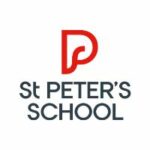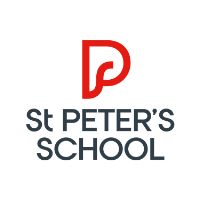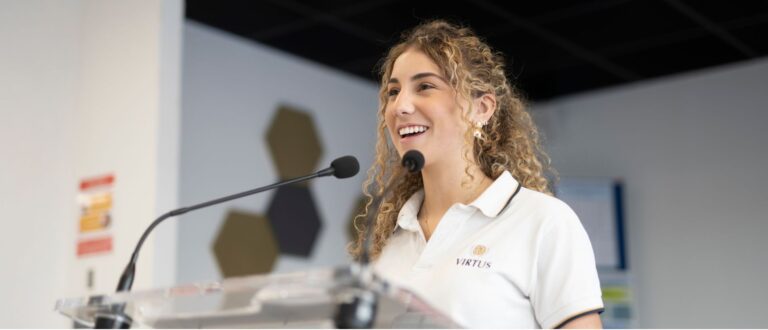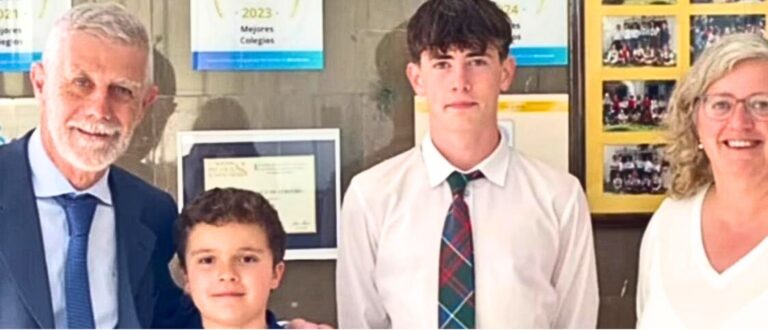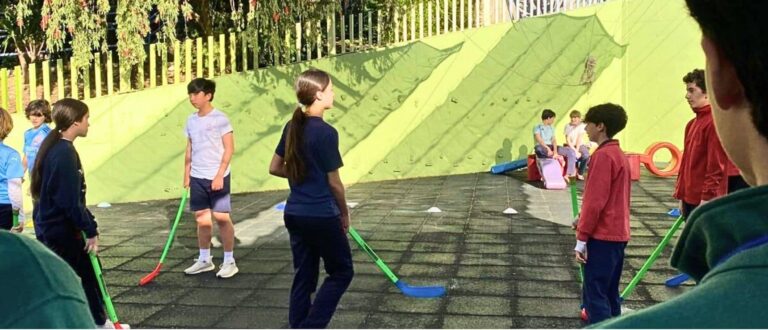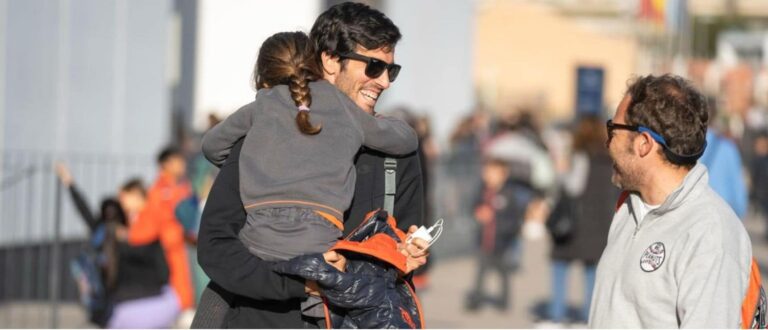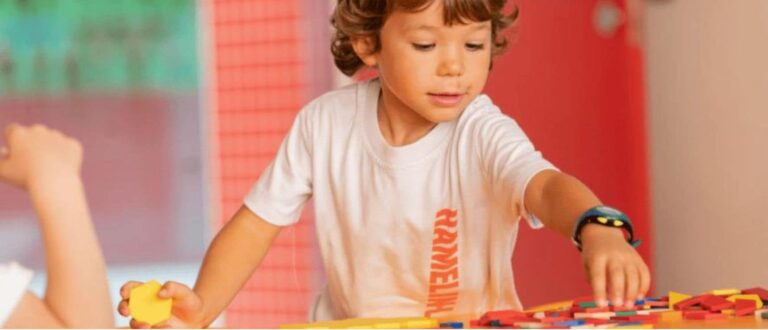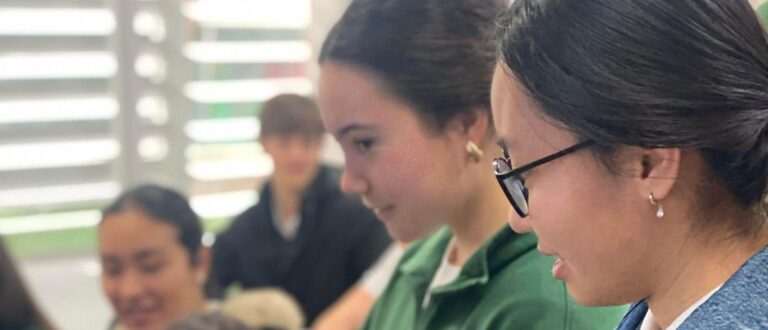At St. Peter’s School in Barcelona we have a way of talking about play that is theorised and based on scientific research and facts.
More than ever, parents and schools have to engage in competing discourses of play. When parents choose their children’s early years education, they choose where, when and how their children engage in play. They face pressures about how to manage play time to ensure their children meet or exceed their development milestones. We could go as far as to say that our contemporary society suffers from play anxiety! (Drew, 2018)
At St. Peter’s School in Barcelona we have a way of talking about play that is theorised and based on scientific research and facts. We cannot be relying on intuition here. Play is a cultural concept and our definition of it will affect our teaching practice. Especially in an international school, it is important to share a common understanding of what play is with the learning community.
What do we mean when we talk about play at St. Peter’s School?
First of all, we need to steer away from seeing play as separate from “real work” or “real study”. This perspective is well entrenched in our society. We continue to timetable and dissect work and leisure time in schools and workplaces. Yet, work and play are not exclusive practices.
Let’s think about play as a spectrum (Zosh et al., 2018) rather than holding on to one set of criteria (such as enjoyment or agency). On one end of the spectrum we have free play with no extrinsic goal. On the other end we have play that is child directed but has inherent goals (like guided play or games).
At St. Peter’s School in Barcelona we strive to provide children with daily invitations to guided play. Research proves that this form of play results in better learning outcomes than free play and direct instruction (Zosh et al., 2018). This is true in many domains such as: maths, technology, science, physical, motor, verbal and social skills.
During guided play the teacher’s role is to steer the environment or feedback toward a learning goal. But the learning environment itself encourages child-led exploration and discovery (Zosh et al., 2018).
In guided play children have an active role in the construction of knowledge. They manipulate and process information rather than observe or rote respond. We know that children who discover information for themselves have better retention of information than children who are directly told (Sliogeris & Almeida, 2019).
We also recognise that guided play maximises engagement as it naturally requires children to stay on task. They need to balance their own wants with those of their classmates. We also encourage pretend play as it has been linked to increased self-regulation ability (Zosh et al., 2018). Children tend to avoid distractions that are in conflict with their imaginative play narrative.
Research also tells us that the nature of children’s creative play varies depending on the resources, space and type of collaborations in the classroom. When resources are familiar to children and used in lively spaces, involving mostly collaborations with peers, we can observe high levels of possibility thinking and Little C creativity. But in a tranquil, quiet space, with unfamiliar and challenging resources and where children are supported by adults – creativity revolves around sustained problem-solving and developing novel creative outputs- Bigger C creativity (Arnott & Duncan, 2019).
Knowledge is meaningful to children when they can connect it to something familiar and when they can transfer it to new situations. But young children might struggle to make meaning unless we guide their play. Let’s take a playful science activity for example. Children provided with materials, without any intentional teaching of science concepts will engage with them in an everyday way, but will not learn science concepts (Fridman et al., 2020). Think of a child who knows to wear a jumper on a cold day (thanks to their everyday experience) but might not know the scientific concept of insulation.
To provide an effective Early Years curriculum at St. Peter’s School in Barcelona we offer our youngest students guided playful activities. It no longer makes sense to say that pedagogies should be either play or direct instruction (lessons). In this context, we can ease our play anxiety. As explained, guided play can help children to hone in on their learning and avoid distractions. At the same time we use their inner motivation and love of play to advantage.
Written by Krystina Smolenski, Head of Foundation Years at St. Peter’s School Barcelona
References
- Kaufman, J. & Beghetto, R. (2009). Beyond Big and Little: The Four C Model of Creativity. Review of General Psychology, 13(1), 1-12.
- Arnott, L. & Duncan, P. (2019). Exploring the pedagogic culture of creative play in early childhood education. Journal of Early Childhood Research, 17(4), 309-328.
- Fridman, R., Eden, S., & Spektor-Levy, O. (2020). Nascent Inquiry, Metacognitive, and Self-Regulation Capabilities Among Preschoolers During Scientific Exploration. Frontiers in psychology, 11, 1790.
- Sliogeris, M., Almeida, S.C. (2019). Young Children’s Development of Scientific Knowledge Through the Combination of Teacher-Guided Play and Child-Guided Play. Research in Science Education, 49,1569–1593.
- Drew, Ch. (2018). ‘We call this “play”, however…’: Navigating ‘play anxiety’ in early childhood education and care markets. Journal of Early Childhood Research 2019, 17(2), 116–128.
- Zosh, J. M., Hirsh-Pasek, K., Hopkins, E. J., Jensen, H., Liu, C., Neale, D., Solis, S. L., & Whitebread, D. (2018). Accessing the Inaccessible: Redefining Play as a Spectrum. Frontiers in psychology, 9, 1124.
